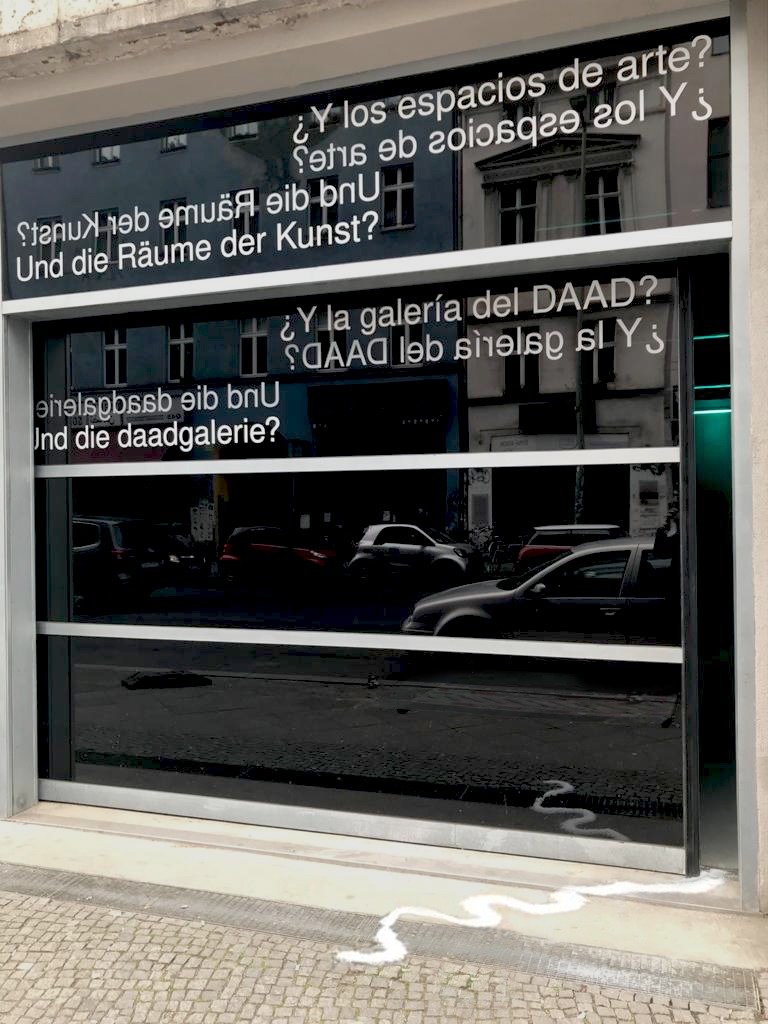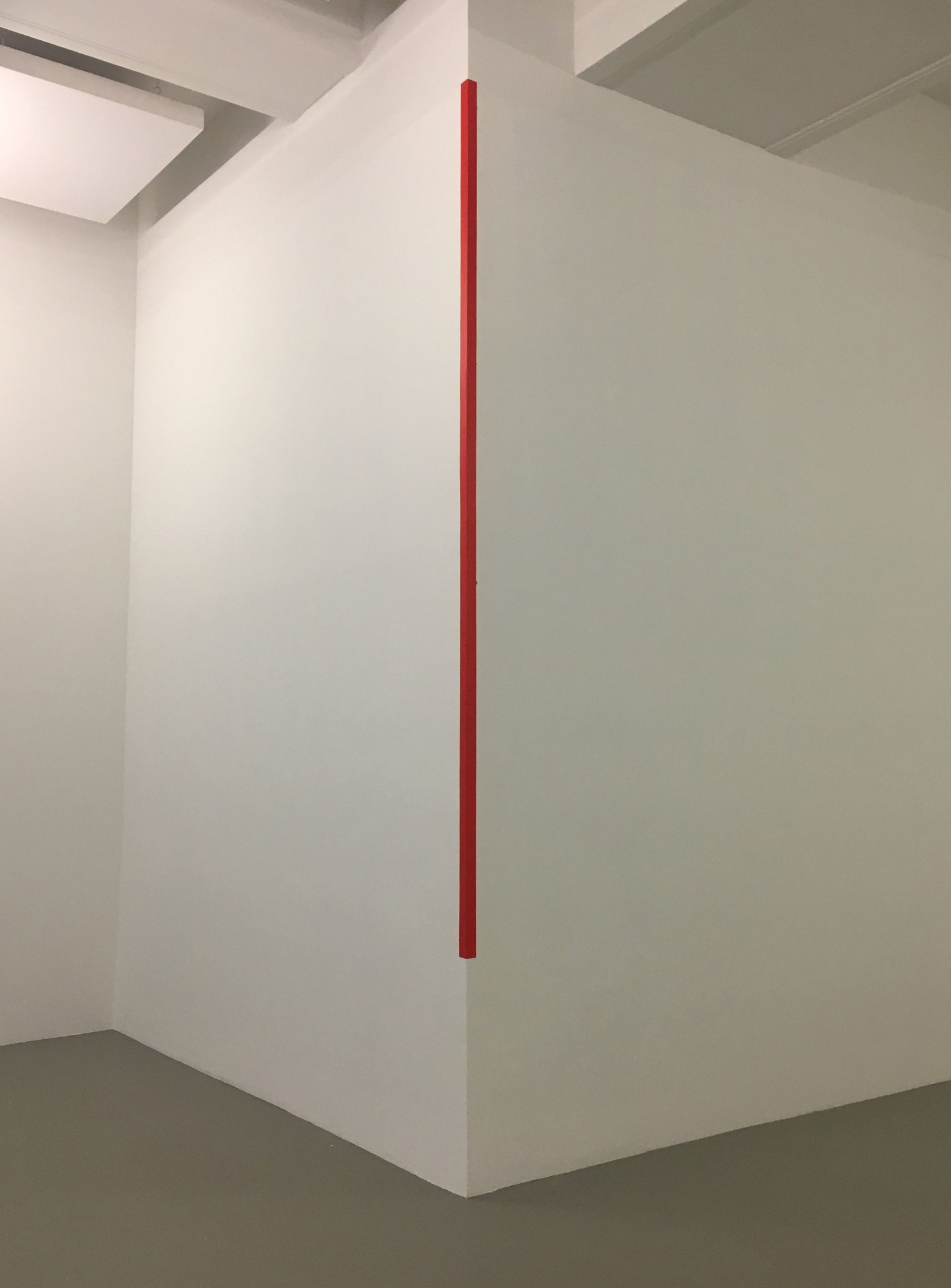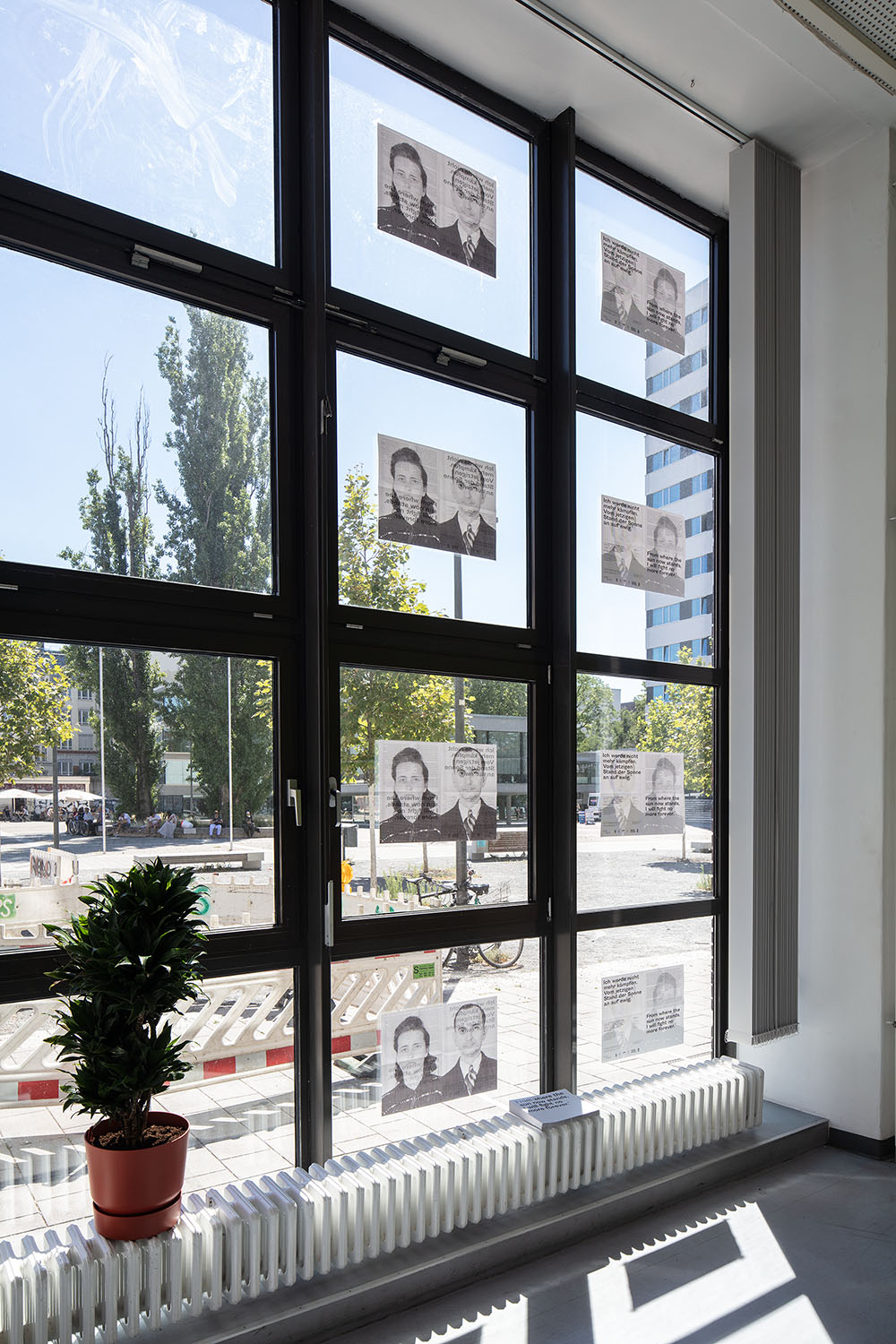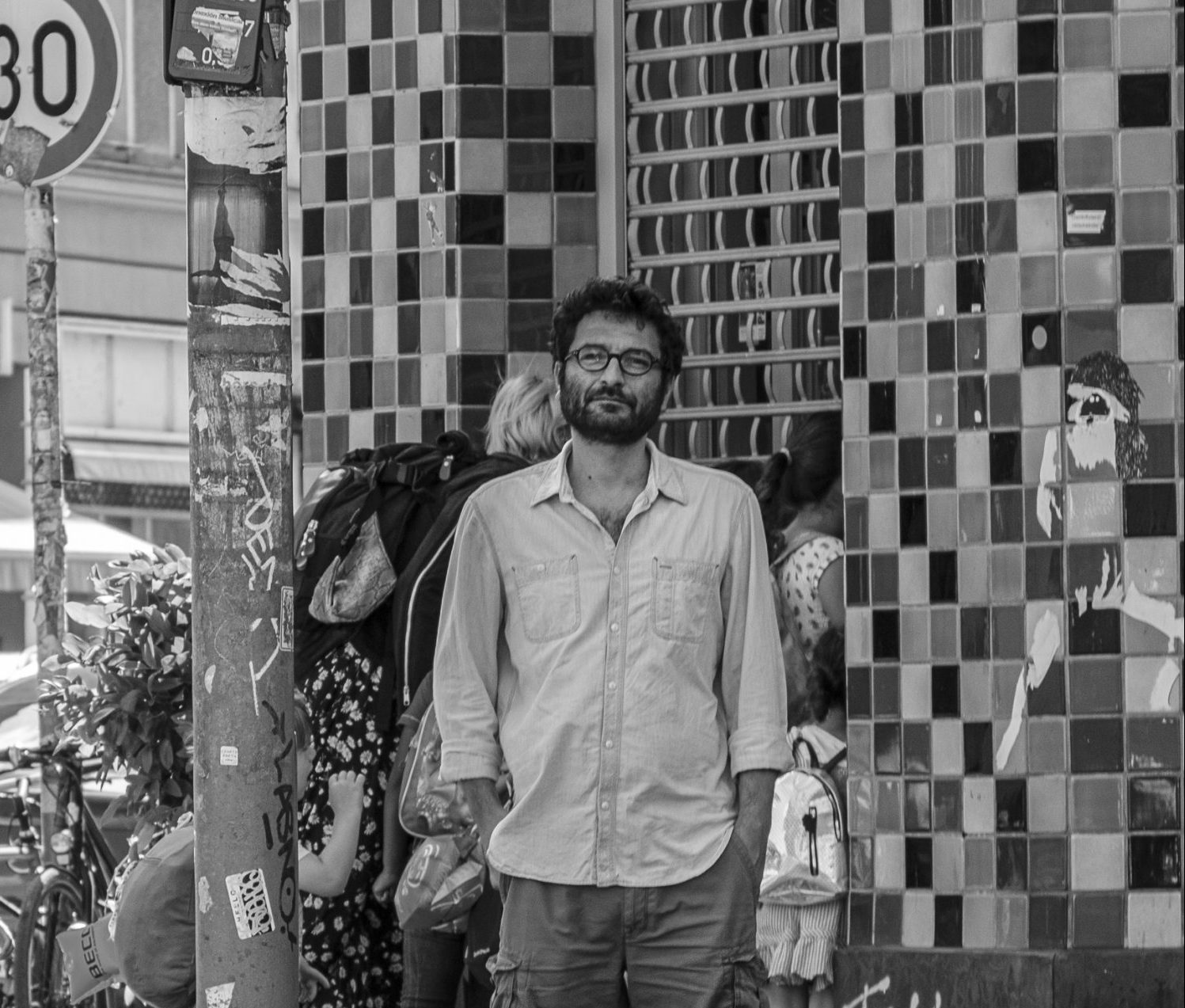Turkey, Visual Arts, 2019
Burak
Delier
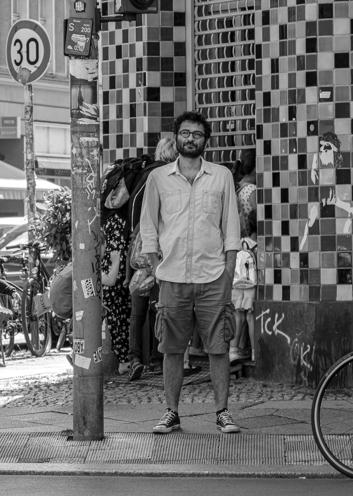
Burak Delier (*1977 in Adapazarı, Turkey) is concerned with the concepts of artistic and personal freedom. It comes as no surprise then that one of the artist’s exhibitions, triggered by the Gezi Park protests that erupted in Istanbul in the summer of 2013, was entitled Freedom Has No Script. Directed against Recep Tayyip Erdoğan’s increasingly authoritarian regime and the transformation of public urban space in the name of neoliberal privatization, the protests did not follow any political script either: they were spontaneous and improvised.
Delier’s attitude towards his own artistic production is that of an artist attempting to find a position of political effect. It arises from a state of insecurity, critical tension, and desire. In Notes from My Mobile (2012), he addresses these artistic anxieties in the form of brief, diary-like videos filmed with his phone—the fear of not being productive enough, for instance. Copying the virulent strategies of neoliberal media and corporations, Delier calls into question his own status as an artist, repeatedly. The figures that recur in his mostly performative artworks are individuals who have adopted a “bottom-up” perspective on the system. For example, in Crisis & Control (2013), a video set in the open-plan offices of a corporate headquarters, the artist asked people holding yoga positions dressed in their office wear—some perform in the hallways—while they talk about their dreams of a future career and the frustrations of everyday life at work. These are not performances by role-playing actors but genuine office workers practicing yoga in their spare time. The paradox between spiritual meditation and the demands of capitalist success based on self-optimisation morphs into stoically maintained poses that Delier names “torture.”
In the performance Author as Swindler (2015), Delier mutates into Sülün Osman, a con man and an urban legend of 1950s Istanbul, famous for “selling” public monuments such as the Galata Bridge and the Dolmabahçe Bell Tower. What is of interest here is that many of the coups credited to Sülün were actually pulled off by another con man; how he styled himself as the stuff of myth based not only on the appropriation and the sale of material assets but of immaterial public goods is a ploy that Delier recognizes as a distinguishing feature of the neoliberal model. This preoccupation with the workings of neoliberalism surfaces again in the research-based installation The Free Society of Fools and Crooks (2016), a collection of stories about “con artists.” These desperate characters use their performative talents to undermine the system from the inside, without belonging to a corrupt organization. And like the relationship between the artist and their public, the swindler and their victims conjointly create a world of their own, even if it’s just for a moment.
Delier’s collected writings on art and politics, Scenarios of the Art World, was published by Koç University Press, Istanbul, in 2016. He has had solo exhibitions at Pilot Gallery, Istanbul (2012, 2013, and 2016) and Iniva, London (2014). He participated in group exhibitions at Pera Museum, Istanbul (2018), MAXXI, Rom (2015), Whitechapel Gallery, London (2014), 3. Mediterranean Biennial, Sakhnin, Israel, and Bucharest Biennial 7 (2016).


